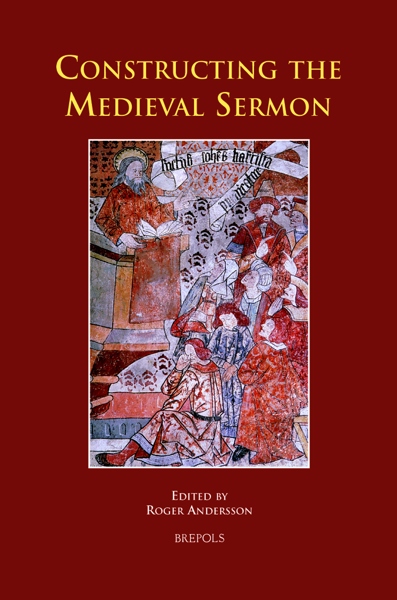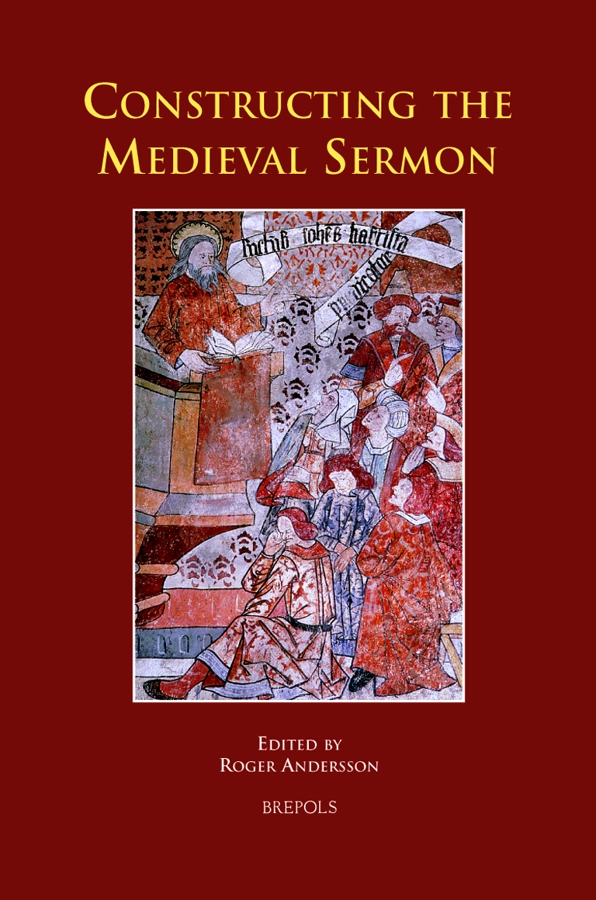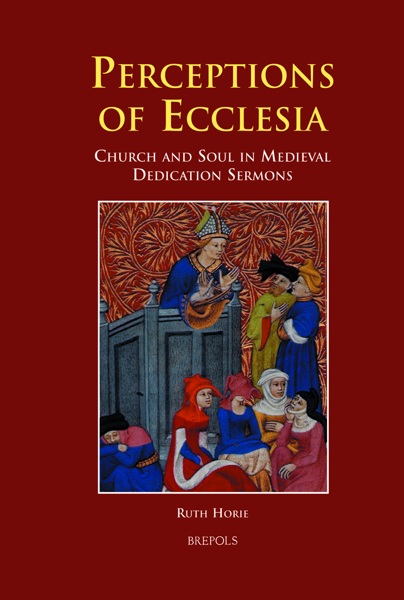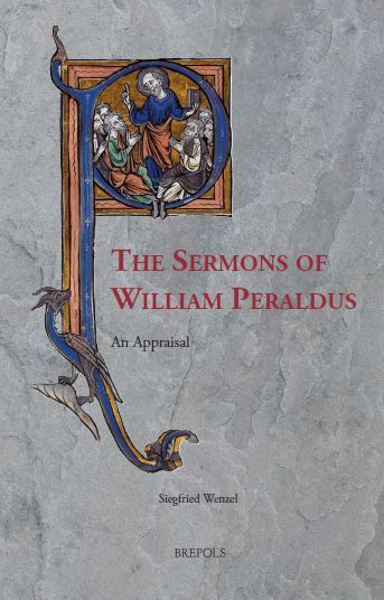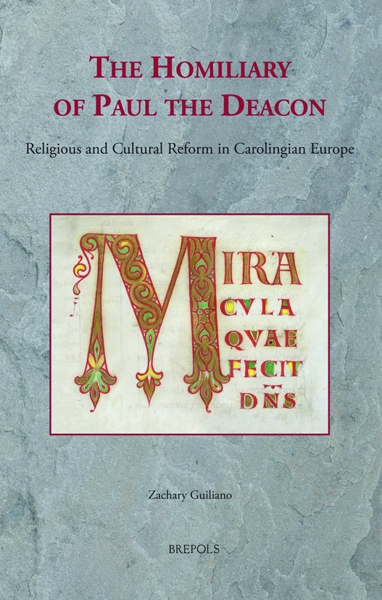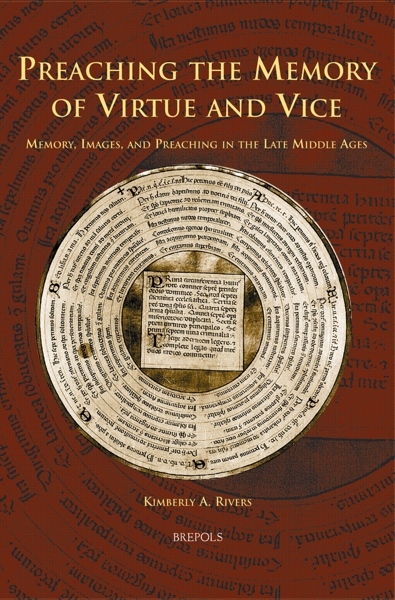
Constructing the Medieval Sermon
Roger Andersson (ed)
- Pages: 338 p.
- Size:160 x 240 mm
- Illustrations:5 b/w, 4 tables b/w.
- Language(s):English, German, Latin
- Publication Year:2008
- € 70,00 EXCL. VAT RETAIL PRICE
- ISBN: 978-2-503-52589-1
- Hardback
- Temporarily Out of Stock
- € 70,00 EXCL. VAT RETAIL PRICE
- ISBN: 978-2-503-53875-4
- E-book
- Available
The fascinating essays in this volume consider the 'construction'--in the most diverse sense--of medieval sermons from a range of disciplinary perspectives.
"These studies display a strong interest in philological problems of editing, language, and the evaluation of manuscript sources and thus contribute to laying foundations for a growing subject."
(in Medium Aevum LXXIX, 2010, p. 170)
"This is a rich study of the diversity of what constitutes the varied method of medieval sermon composition. [...] For the expert this is a goldmine in the explication of the complexities of sermon construction in the Middle Ages."
(Carolyn Muessig, in Kyrkohistorisk Årsskrift 110, 2010, p. 212)
"Le thème de la construction des sermons médiévaux apparaît ici dans tout sa complexité et dans toute sa variété."
(Sophie Delmas, dans Revue Mabillon 21 (t. 82), 2010, p. 331)
"This volume of essays is a substantial contribution to the growing body of literature on medieval sermons and a model of interdisciplinary scholarship." (K. Rivers, in: The Medieval Review, 09.05.11)
